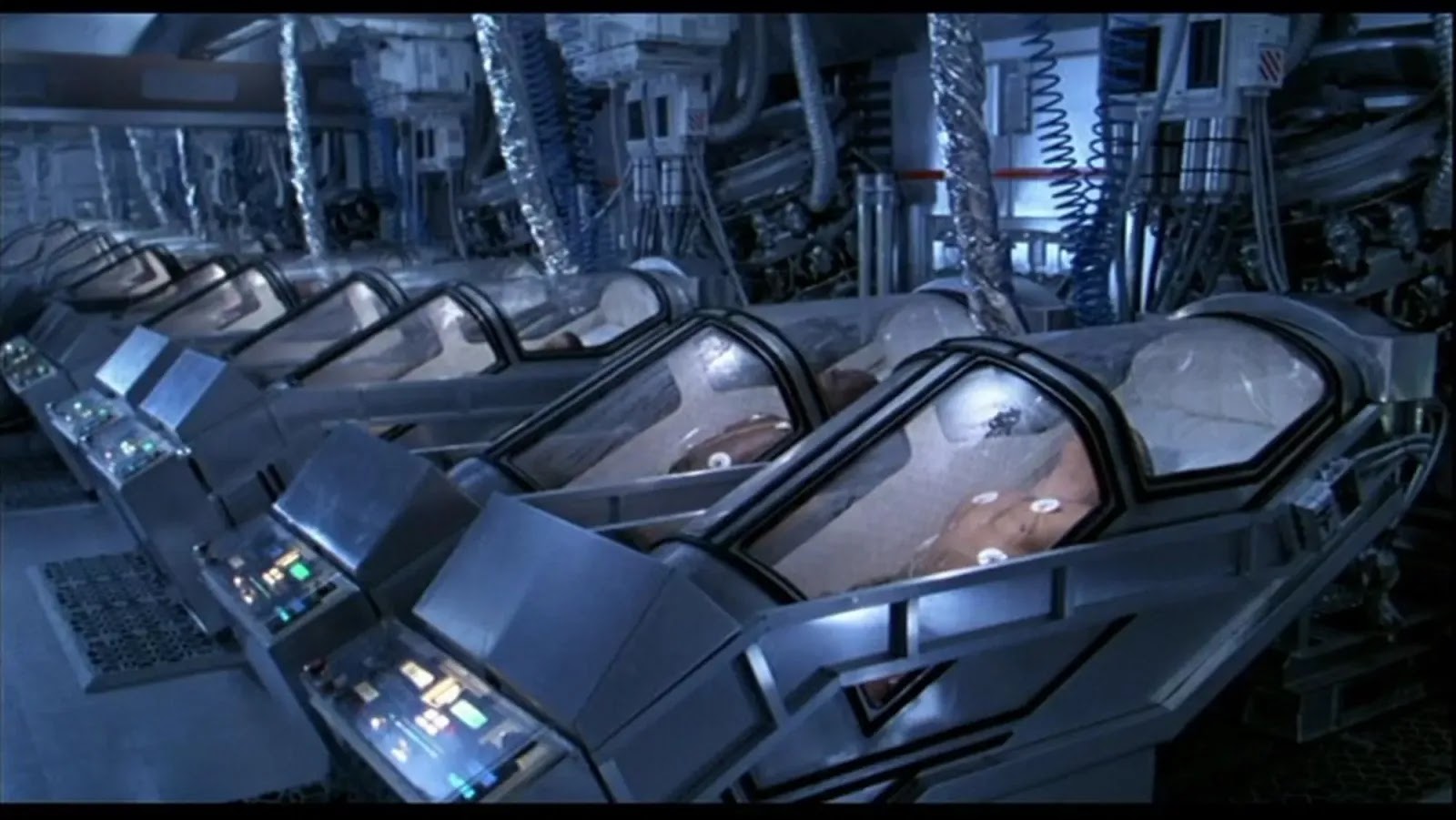The Future of Space Travel: Hibernation Trials Could Revolutionize Long-Distance Spaceflight
Space travel has always been a fascinating and exciting topic for humans. However, as we venture further into the vastness of space, the challenges we face become more daunting. One of the biggest hurdles is the issue of prolonged space travel and its impact on human health. The longer the journey, the more severe the effects of weightlessness, radiation exposure, and muscle atrophy. However, recent research suggests that human hibernation could be the key to overcoming these challenges and revolutionizing long-distance spaceflight.
Hibernation trials: A step towards long-distance space travel
Scientists have been exploring the possibility of inducing human hibernation for space travel for some time. Now, the European Space Agency (ESA) and NASA are gearing up to conduct hibernation trials on humans by the end of the decade. According to the ESA, the aim of the trials is to investigate whether human hibernation is a viable option for long-distance space missions.
In a recent interview with the BBC, ESA researcher Jennifer Ngo-Anh said, "We're not talking about sci-fi dreams here, but about investigating the realms of possibility for human stasis in spaceflight. In addition to hibernation, the study will also look into other forms of stasis, such as torpor, a state of decreased metabolism."
Also Read:- Understanding the Importance and Advantages of Data Recovery Tools
- Apple's WatchOS 9.4 Update Brings Exciting Changes
How does human hibernation work?
Hibernation is a process in which an animal's body temperature, heart rate, and breathing slow down, allowing it to conserve energy during times of food scarcity or extreme weather conditions. The process involves lowering the core body temperature, which in turn reduces the body's metabolism and energy consumption.
Scientists believe that inducing hibernation in humans could be a solution to the challenges of prolonged space travel. By slowing down the body's metabolic processes, humans could survive for extended periods of time without food or water. Moreover, hibernation could help reduce muscle atrophy and bone density loss, which are common side effects of prolonged weightlessness.
Challenges and opportunities
While human hibernation is an exciting prospect for space travel, there are several challenges that need to be addressed. One of the most significant challenges is the issue of safety. Hibernation is a delicate process, and it could be dangerous if not done correctly. Scientists will need to develop a safe and effective method for inducing and maintaining hibernation in humans.
Another challenge is the long-term effects of hibernation on human health. While hibernation may help mitigate the effects of weightlessness, radiation exposure, and muscle atrophy, it could also have long-term effects on the body. Scientists will need to conduct extensive research to understand the effects of hibernation on human health and develop ways to mitigate any negative effects.
Despite these challenges, human hibernation presents an exciting opportunity for long-distance space travel. With the potential to reduce the physical and psychological toll of extended space missions, hibernation could enable humans to travel further and explore more of the universe.
The possibility of human hibernation for space travel is no longer a far-fetched idea from science fiction. The ESA and NASA are gearing up to conduct hibernation trials on humans by the end of the decade, bringing us one step closer to making this a reality. While there are challenges to overcome, the potential benefits of human hibernation for long-distance space travel are enormous. As we continue to push the boundaries of space exploration, human hibernation could be the key to unlocking new frontiers.
Read More:- Resident Evil 4 Remake: New Difficulty and Playable Character Revealed
- Comet ZTF: A Rare and Bright Visitor to Our Skies
That's it for this article.
Thanks for Visiting Us – fixyanet.com



0 Comments